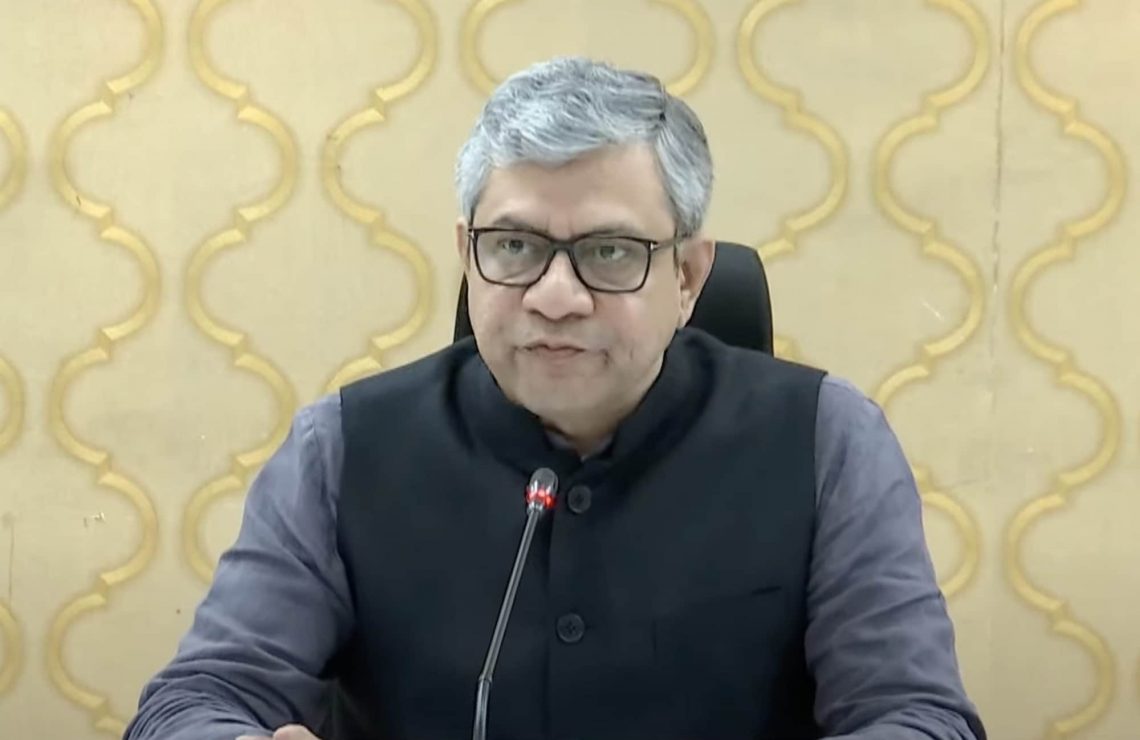India secured investment commitments totalling over Rs 20 lakh crore ($240 billion) during the five-day World Economic Forum (WEF) Annual Meeting in Davos.
The country’s delegation to the event was led by Union Minister Ashwini Vaishnaw. It comprised five Union ministers, three chief ministers, and several state leaders.
The commitments focused on green energy, cutting-edge technology, and data centers, and come as India is signalling to the world a shift in its economic strategy from import substitution to export-driven growth.
The Maharashtra delegation, led by Chief Minister Devendra Fadnavis, emerged as the top beneficiary of the forum, securing Rs 15.7 lakh crore ($188 billion) in investment commitments through 61 Memorandums of Understanding (MoUs), PTI reported.
These projects have the potential to generate 1.6 million jobs, making it the largest single state contribution to India’s Davos haul.
Telangana, led by Chief Minister Revanth Reddy, garnered 20 MoUs worth Rs 1.79 lakh crore ($21.5 billion), with an anticipated 50,000 jobs. Global giants like Unilever announced plans to establish two new manufacturing units in Telangana, further bolstering the state’s industrial portfolio.
Kerala’s Industries Minister P. Rajeeve hosted over 30 meetings at the Invest Kerala Pavilion, seeking opportunities to expand the state’s economic footprint.
Meanwhile, Uttar Pradesh presented its vision to become a $1 trillion economy, attracting significant interest from global investors.
Union Minister Chirag Paswan announced a $250 million investment by global beverage giant AB InBev, covering multiple states, further diversifying India’s investment map.
At Davos, delegation leader Vaishnaw’s statements suggested a shift in India’s economic strategy, moving from policies that reduced dependence on imports to an export-oriented framework.
In other words, he pointed to a push in the country to integrate domestic industries into global markets, Outlook Business reported.
India’s unified Goods and Services Tax (GST) system has streamlined trade processes, reducing barriers and improving the ease of doing business.
The government has also adopted the World Trade Organisation’s Trade Facilitation Agreement (TFA) to simplify documentation and enhance transparency.
Bilateral trade partnerships, including Free Trade Agreements (FTAs) with multiple countries, have further expanded market access and created a more streamlined environment for international commerce.
The government’s “Atmanirbhar Bharat” (Self-Reliant India) initiative aims to strengthen domestic industries to compete in global markets, combining local empowerment with international outreach.
With inputs from agencies
Link to article –
At Davos, India bags Rs 20 lakh cr investment promise as Vaishnaw signals major policy shift

